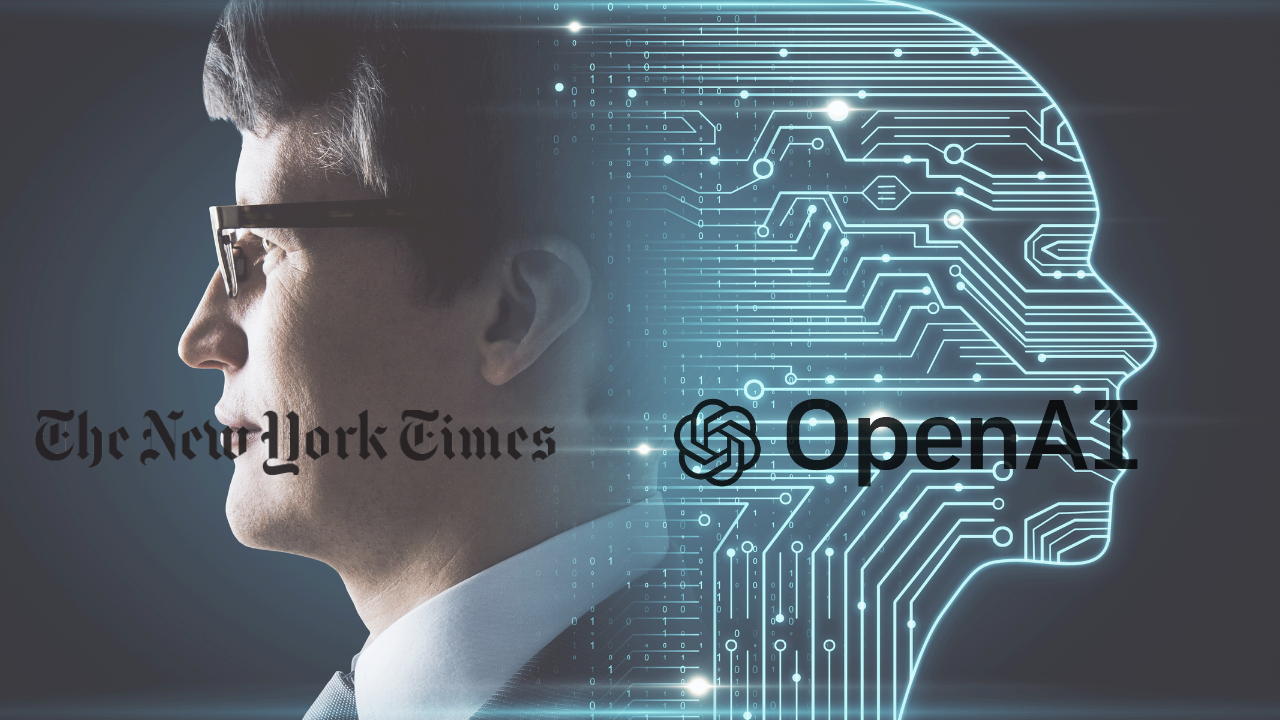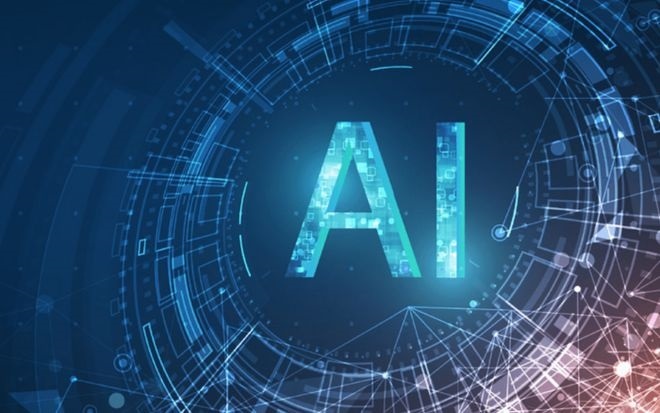In Copyright Crisis! OpenAI Warns That Could Destroy ChatGPT
Artificial intelligence company OpenAI has recently been embroiled in a copyright dispute, which has warned that banning the use of news and books to train chatbots will limit the development of artificial intelligence.。
Artificial intelligence company OpenAI has recently been embroiled in a copyright dispute, which has warned that banning the use of news and books to train chatbots will limit the development of artificial intelligence.。
OpenAI further said it was "impossible" to create a service like ChatGPT without relying on copyrighted works.。
Deep in a copyright dispute
In the final days of 2023, the prominent news organization The New York Times announced the prosecution of OpenAI and its biggest backer, Microsoft.。The New York Times claims that the defendants used copyrighted articles as training material for large models behind AI chatbots such as ChatGPT without permission。The New York Times requires OpenAI to destroy any systems trained with its work。

The New York Times said it had been in talks with OpenAI for months but had failed to reach an agreement to license content for a fee.。
The New York Times is not the first agency to sue OpenAI over copyright, nor is it the last.。In addition, a number of individual writers, artists and others have also filed lawsuits against OpenAI, accusing OpenAI of using their work to train AI models.。
In response to these lawsuits, OpenAI is also preparing to deal with。
"Because copyright today covers virtually all forms of human expression - including blog posts, photos, forum posts, snippets of software code, and government documents - it is impossible to train today's leading AI models without using copyrighted material."。"
"Limiting training data to public domain books and paintings created more than a century ago may yield an interesting experiment, but will not provide an artificial intelligence system that meets the needs of today's citizens."。"
The Dilemma of Copyright Regulation
In addition to OpenAI, other large technology companies that are training models are experiencing the same problem.。Many copyright owners believe that technology companies have violated their copyrights by obtaining and copying their materials for AI training without permission.。They are demanding compensation from tech companies and want a court order to stop the misuse of their work.。
These creators have asked the government to strengthen the supervision of AI copyright.。But so far, the judge seems to be on the side of the tech companies。
In an infringement case last year involving Llama, a large model owned by Meta, U.S. District Judge Vince Chhabria said at a hearing last November that he would grant Meta's motion to dismiss the creator's allegations that the text generated by Llama infringes his copyright.。Chhabria said: "When I asked Llama, I wasn't asking for a book, I didn't even ask for an extract.。Chhabria's view is a microcosm of the thinking of a number of judges who have expressed doubts about infringement claims made by copyright owners based on AI-generated content.。
Tech companies have defended their AI training in court, comparing it to the way humans learn new concepts and arguing that their use of the material is consistent with "fair use" under copyright law.。In court, Meta argued: "Just as children learn language (words, grammar, syntax, sentence structure) by listening to everyday speeches, bedtime stories, songs on the radio, etc., models' learn 'language through training exposure to large amounts of text.。"
AI proponents argue that a ruling against an AI company in such a copyright lawsuit would be disastrous for the industry.。
Silicon Valley venture capital firm Andreessen Horowitz said: "Imposing actual or potential copyright liability costs on the creators of artificial intelligence models will either stifle or seriously hinder their development."。"
The Writers Guild, a trade group for writers, told the copyright agency: "Licensing copyrighted material to train LLMs can be expensive, but in fact, a large part of the value of any LLM should be attributed to the professionally created material.。"
Law can't keep pace with AI
OpenAI, facing the New York Times lawsuit, said it complied with all copyright laws when training its models.。"Legally, copyright law does not prohibit training."。This statement from OpenAI goes straight to the heart of the copyright dispute over the AI model, which is that AI is developing so fast that existing laws have "failed to keep up."。
The administration had proposed updating copyright laws, exempt texts and data mining to attract AI developers, but dropped the plan after a backlash from creators last year.。
In addition, government departments have tried to broker voluntary agreements between tech companies and creators, but negotiations have been difficult, with the government recently admitting it may have to legislate to break the impasse.。
It is reported that the relevant US authorities are considering new laws on copyright and artificial intelligence to clarify this existing "gray area"。

It is understood that OpenAI has reached agreements with the Associated Press and several publishers of German media giant Axel Springer (which owns Politico and Business Insider) to gain access to its content.。
After signing an agreement with OpenAI, Axel Springer is expected to earn tens of millions of euros in the next three years from the data machine materials supplied to OpenAI.。
OpenAI also said it is seeking more agreements with publishers, while also planning to develop tools that allow copyright owners to choose not to use their work to train AI systems.。
·Original
Disclaimer: The views in this article are from the original Creator and do not represent the views or position of Hawk Insight. The content of the article is for reference, communication and learning only, and does not constitute investment advice. If it involves copyright issues, please contact us for deletion.